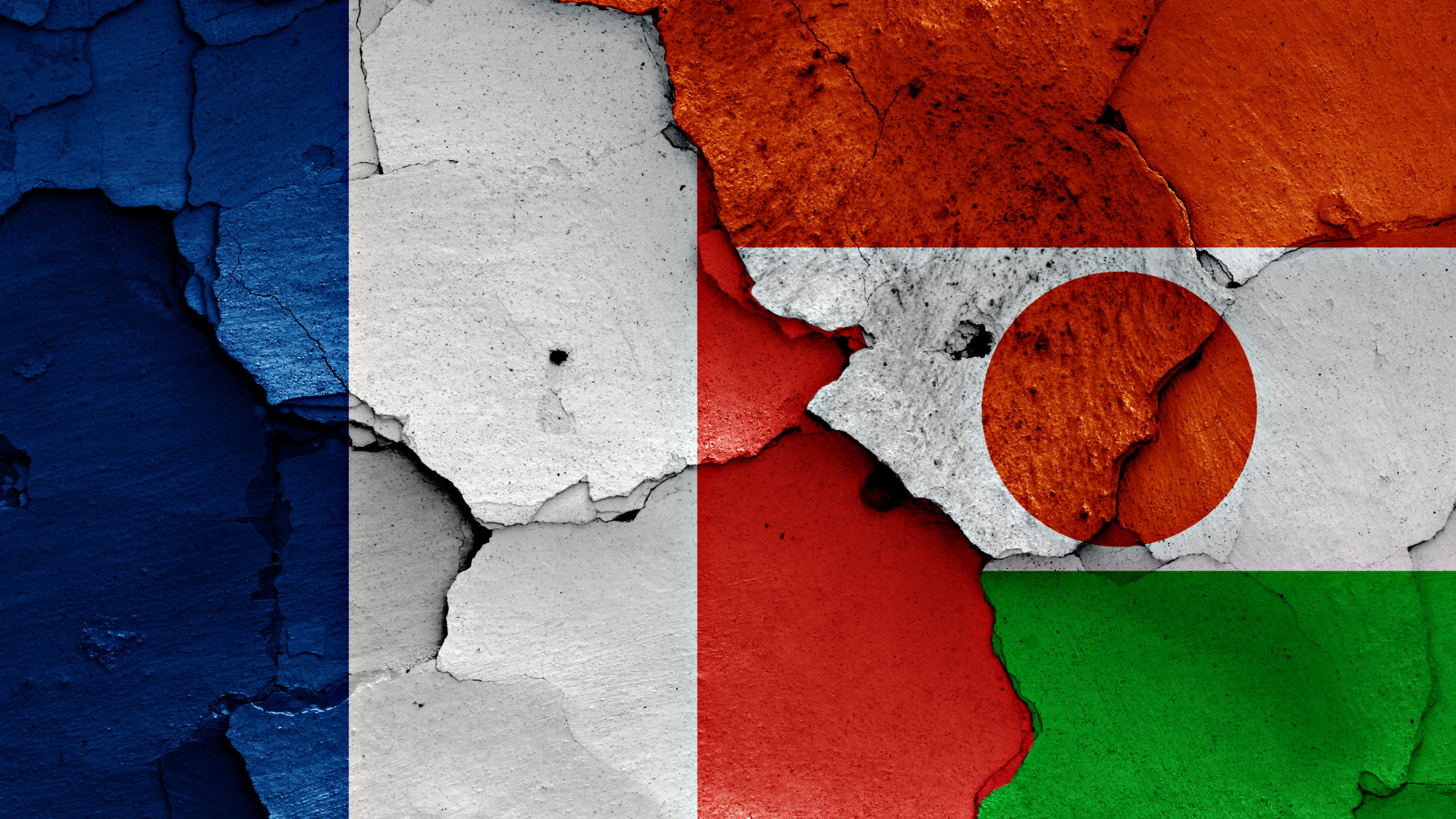The experience of losing a loved one is an incredibly painful and challenging part of life. When facing the end-of-life process, emotions run high, and support from friends, family, and the healthcare system becomes crucial. However, for Black, Indigenous, and People of Color (BIPOC) individuals, this journey is often marred by the pervasive effects of racism, which can deepen the trauma experienced during and after the death of a loved one. In my book, “Not Now Please: Living Through Ableism, Racism, and Grief,” I share my personal experiences and the challenges faced by BIPOC individuals during these difficult times.
- The Prevalence of Racial Disparities in Healthcare
Racial disparities in healthcare are a painful reality for BIPOC individuals. From misdiagnoses to unequal access to care, these disparities affect every aspect of healthcare. When a loved one is in the end-of-life process, these disparities can be particularly damaging. BIPOC individuals may experience delays in care, inadequate pain management, or even unnecessary suffering due to systemic racism within the healthcare system.
- Invisibility and Stereotyping
One of the most insidious aspects of racism in end-of-life scenarios is the way BIPOC individuals are often made to feel invisible or stereotyped. This dehumanizing treatment can manifest in various forms, from healthcare providers not taking their concerns seriously to making assumptions about their cultural beliefs and practices. Such experiences not only exacerbate the pain but also lead to feelings of helplessness and anger.
- Mental Health Impact
The trauma caused by racism during the end-of-life process doesn’t end with the passing of a loved one. BIPOC individuals often carry the weight of this trauma long after the funeral. The stress, grief, and anger associated with these experiences can contribute to mental health issues, including depression, anxiety, and even post-traumatic stress disorder (PTSD).
- Complex Grief
Grief is a complex process, and when racism is added to the equation, it becomes even more intricate. BIPOC individuals may grapple with feelings of guilt, anger, and resentment, both toward the healthcare system and society at large. The mourning process becomes entwined with the fight for justice and equity, making it difficult to find closure.
- Support and Healing
Despite the challenges, BIPOC individuals can find support and healing during these difficult times. Building a strong network of friends, family, and allies who understand the unique challenges they face can provide comfort and strength. Additionally, engaging in advocacy work to address racial disparities in healthcare and end-of-life care can be a way to channel grief into positive change.
Conclusion
Racism casts a long and dark shadow over the end-of-life process for BIPOC individuals. In my book, “Not Now Please: Living Through Ableism, Racism, and Grief,” I aim to shed light on these painful experiences and challenges. By sharing our stories, we can raise awareness, foster empathy, and work towards a world where the end-of-life process is a more equitable and compassionate journey for all, regardless of their racial or ethnic background.





